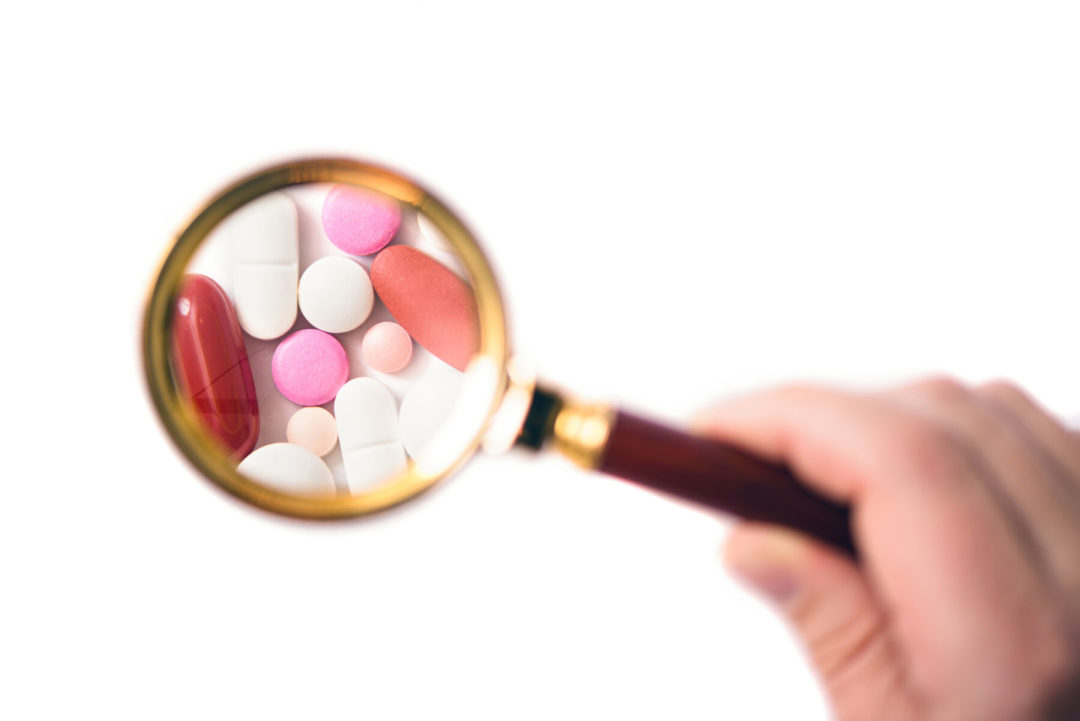Testing showed that seven out of eight brands had under 30% potency, despite labeling claims. Additionally, three of the eight brands evaluated were labeled as vegetarian, but contained gelatin.
Still Failing on CoQ10:
In 2020, NOW tested CoQ10 brands and found several mislabeled. In 2022, the company reexamined eight brands of CoQ10 to see if those that were identified as low potency in the prior testing done had improved. The result: "Serious problems" remain for seven out of eight brands tested. NOW also noted that brands are "cheating by misrepresenting potencies through deceptive labeling tricks."Products were tested from three samples of each and tested by HPLC. Findings revealed a manufacturer is likely to be supplying various companies with the same counterfeit products. What NOW uncovered, as outlined in a press release:
- Clear Formulas, aSquared, Foxy Doc, and Healthy Way brands all mislabel their product as "400mg/6%" potency. Per NOW: "This is deceptive when the front panel says '400mg' potency and the Amazon title says 'CoQ10 400mg Max Strength.' The customer gets less than 24mg CoQ10 per capsule."
- A variety of CoQ10 brands on Amazon were tested by NOW in 2017, 2018 and 2020 with similar failing results. NOW reported that aSquared, Healthy Way, NasaBe'Ahava and We Like Vitamins were all under 35% potency in 2020 as well.
- "Perhaps most alarming," NOW reported, "three of the eight brands claimed to be in vegetarian capsules, but testing both at NOW and at Eurofins confirmed gelatin was used. The failing brands are Clear Formulas, Healthy Way and Sundhed."
Quercetin Results:
NOW chose to test quercetin due to the increased demand seen during the COVID-19 pandemic, when raw material costs climbed. Per the release: "NOW felt that if brands were to cheat with potency, a product like Quercetin might be more likely to include less Quercetin than is on the label. Additionally, Quercetin dihydrate 95% is the raw ingredient used in supplements and some brands claim '400mg Quercetin,' while others may claim '420mg Quercetin dihydrate' and the potency is identical. Some brands label as 'Quercetin dihydrate' to show a higher label claim, although this is not normal."A look at what NOW found:
- Two brand labels Quercetin by stating “18% potency,” which NOW said is the same deceptive trick seen with CoQ10.
- NasaBe’Ahava brand "is a repeat violator," NOW said, labeling Quercetin as "Each capsule contains 500mg Quercetin Dihydrate (20% potency)."
- Cadane brand mislabels as 100mg Quercetin 10:1 extract, equivalent to 1000mg, but testing showed it to be "one of the very worst for potency results with only 4% of claim."
- 20 out of 24 brands tested below 90% label potency.
- 14 out of 24 brands tested with less than 50% of labeled potency.
- 2 out of 24 brands tested (Doublewood Supplements and NasaBe’Ahava) used lower cost gelatin capsules when the labels declared vegetarian/cellulose.










